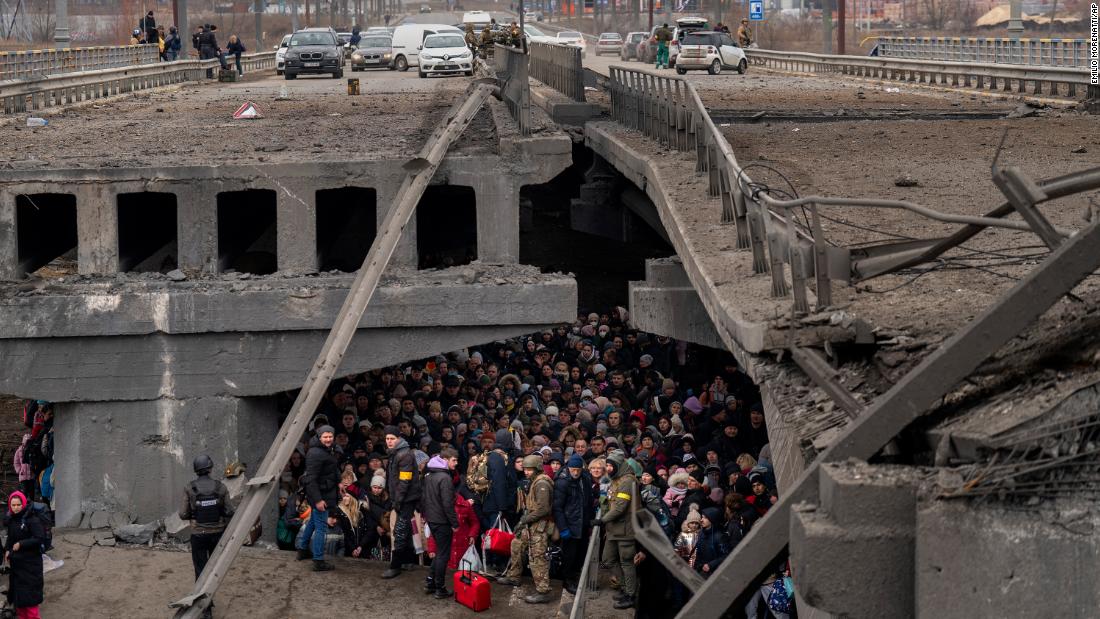Few States Provide Care for Defendants Ruled Unfit for Trial
That failure leaves individuals without stability, and some go on to hurt themselves or others.

While some states have policies to transition hospitalized patients to independence after criminal charges have been dropped, resources vary from state to state, and there are often few landing spots for such patients outside of jail or a hospital to aid in that transition, reports KHN. The criminal justice system has long been a revolving door for defendants with a mental illness, with 21 states making little-to-no effort to create programs that treat those defendants as of 2017, according to the Treatment Advocacy Center.
That failure leaves individuals without stability, and some go on to hurt themselves or others. Even in states with programs to stabilize people with a serious mental illness, that treatment isn’t guaranteed, often because of the limited availability of psychiatric services. For decades, mental health advocates have pushed for local services, such as intensive outpatient treatment programs and transitional placements. With psychiatric hospitals shuttered across the country, local facilities often don’t have the resources to meet the responding need.

 Landwebs
Landwebs 























